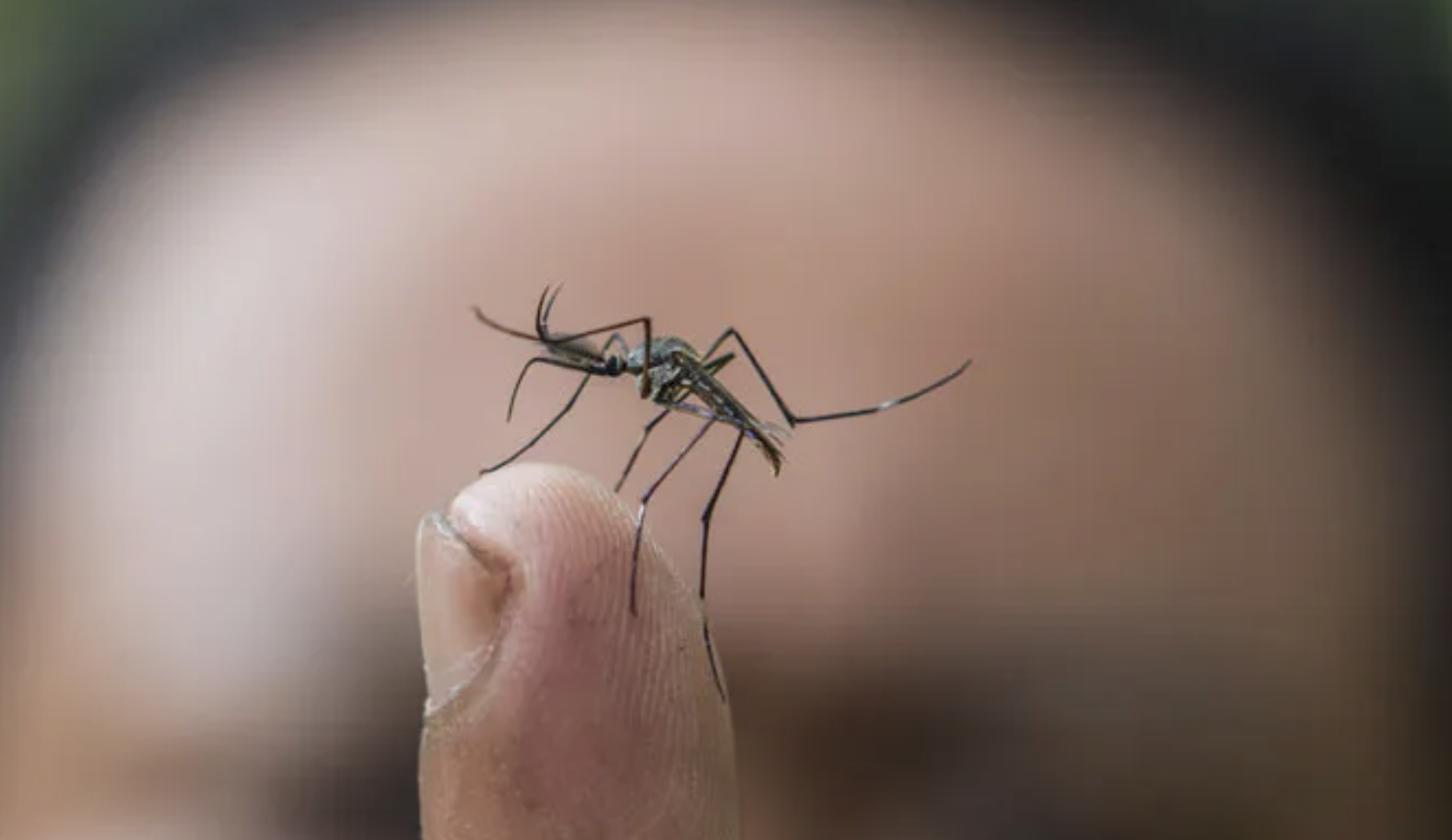Is Iraq on the verge of a new pandemic?

Shafaq News / The World Health Organization (WHO) has warned that half of the world's population is at risk of catching the dengue virus, which is spread by mosquitoes, raising concerns about its potential spread to Iraq. Although there are no mosquitoes in Iraq, experts suggest that the infection may spread through people, especially given that the disease has been reported in most of its neighboring countries. Dengue fever is caused by the dengue virus and is transmitted to humans through infected mosquitoes. According to the WHO, the virus is prevalent in more than 100 countries worldwide.
Dr. Firas Riadh Jameel, a professor of Biotechnologies and Transmissible Diseases, explained that Dengue fever is one of the hemorrhagic fevers currently prevalent in Iraq. It appears in poor and tropical regions worldwide due to the spread of mosquitoes, which act as its primary carrier. The primary vector of the disease is the "Egyptian mosquito," and it is also transmitted to a lesser extent by the "Spotted mosquito."
Dr. Jameel clarified that the Egyptian mosquito proliferates in swamps and tropical areas. The absence of control over animal troughs and random butchering provides a suitable environment for the spread of mosquitoes that carry diseases from one animal to another, including dengue and other hemorrhagic fevers.
Regarding the severity of the disease, while many cases of Dengue fever are asymptomatic or cause only mild symptoms, the virus can sometimes lead to more severe cases and even death, according to the WHO. Dr. Jameel confirmed that all individuals are at risk of infection, but the severity of the disease increases after 10-14 days, especially in children under the age of 10, as their blood vessels are fragile, and bleeding can occur through the nose, eyes, or internally, leading to dehydration and death.
Furthermore, differentiating between dengue fever and hemorrhagic fever, Dr. Jameel explained that they resemble each other in the advanced stages of the disease, with the appearance of bruises or spots under the skin due to bleeding. However, lab analysis and patient samples are required for differentiation.
A medical source at the Iraqi Ministry of Health confirmed that no cases of dengue fever have been reported in the country so far. Globally, the number of cases is estimated to be around 400 million annually, and 40% of the world's population is at risk of infection, according to the WHO.
The most common symptoms of dengue fever include severe headache, pain behind the eyes, muscle and joint pain, nausea, vomiting, swollen glands, and skin rash. The duration of symptoms usually lasts 2-7 days and can be treated with antipyretics such as paracetamol. It is also noteworthy that dengue fever outbreaks occur every 3-5 years.
Regarding transmission from person to person, Ahmed Fadhel Farhood, Director of the Veterinary Hospital in Babel governorate, pointed out that many diseases falling under the category of hemorrhagic fever share two symptoms: fever and bleeding. These diseases include Crimean-Congo hemorrhagic fever, Ebola, Dengue, and Rift Valley fever.
Farhood warned that the mosquito that transmits dengue fever does not exist in the country, and the disease can only be transmitted through mosquito bites, not from one infected person to another.
The dengue mosquito breeds in stagnant water, garbage dumps, uncovered sewage, and exposed tanks. Therefore, the best means of control is to improve public sanitation and work on preventing the presence of garbage, swamps, and stagnant water.
In this context, environmental expert Ahmed Saleh stated that “bacterial and viral spread is higher in high humidity areas, making them fertile environments for the spread of viruses, microbes, and microorganisms.”
On the other hand, “the rise in temperatures contributes to weaker immunity in animals, making them susceptible to diseases, including dengue fever or other hemorrhagic fevers. This is due to the weakened defense system in undernourished animals that do not receive proper care from clean, cool, and well-sanitized shelters,” according to Saleh.
The WHO issued a warning on Friday, July 21, stating that the number of dengue fever cases may approach record levels this year, partly due to global warming, which benefits the mosquito that spreads this type of fever.
In March, the Sudanese Ministry of Health reported the first-ever dengue fever case in the capital Khartoum, while Europe is witnessing an increase in the number of cases. Peru has also declared a state of emergency in most of its regions.
Moreover, the WHO warned in January that dengue fever is the fastest-spreading tropical disease in the world and poses a “pandemic threat”.
It is noteworthy that there is only one vaccine available against dengue fever, known as “Sanofi Pasteur”, which is licensed for use in about 20 countries. The vaccine protects individuals who have already been infected with dengue fever and requires three doses.